
Enchanting Anketrabe: Majunga's Hidden Gem
Nestled in the vibrant city of Majunga, Anketrabe is a neighborhood that beckons with a blend of cultural richness and natural beauty. This charming locale offers a unique tapestry of traditional Malagasy life intertwined with modern influences, making it an ideal spot for tourists seeking an authentic experience. Begin your exploration with a stroll through the bustling markets where you can find a variety of local crafts, spices, and fresh produce. The lively atmosphere is a sensory feast, with the sounds of vendors bartering and the aroma of street food filling the air. Don't miss the chance to try some local delicacies such as 'mokary' (rice cakes) and 'sambos' (fried pastries). For nature enthusiasts, Anketrabe provides easy access to stunning coastal views and pristine beaches. The area is perfect for a relaxing day by the sea or an adventurous outing with snorkeling and boat tours. The nearby mangroves and coral reefs are teeming with wildlife, making it a paradise for eco-tourists and photographers alike. Cultural aficionados will appreciate the neighborhood's historical landmarks and traditional architecture. Visit the local museums and heritage sites to gain insight into the rich history and culture of Majunga. The friendly locals are always eager to share stories and traditions, adding a personal touch to your journey.
Local tips in Anketrabe
- Visit the local markets early in the morning for the freshest produce and the best bargains.
- Bring cash as many local vendors do not accept credit cards.
- Wear comfortable shoes as the best way to explore Anketrabe is on foot.
- Respect local customs and traditions; dress modestly when visiting religious sites.
- Hire a local guide for a more in-depth understanding of the area's history and culture.
Enchanting Anketrabe: Majunga's Hidden Gem
Nestled in the vibrant city of Majunga, Anketrabe is a neighborhood that beckons with a blend of cultural richness and natural beauty. This charming locale offers a unique tapestry of traditional Malagasy life intertwined with modern influences, making it an ideal spot for tourists seeking an authentic experience. Begin your exploration with a stroll through the bustling markets where you can find a variety of local crafts, spices, and fresh produce. The lively atmosphere is a sensory feast, with the sounds of vendors bartering and the aroma of street food filling the air. Don't miss the chance to try some local delicacies such as 'mokary' (rice cakes) and 'sambos' (fried pastries). For nature enthusiasts, Anketrabe provides easy access to stunning coastal views and pristine beaches. The area is perfect for a relaxing day by the sea or an adventurous outing with snorkeling and boat tours. The nearby mangroves and coral reefs are teeming with wildlife, making it a paradise for eco-tourists and photographers alike. Cultural aficionados will appreciate the neighborhood's historical landmarks and traditional architecture. Visit the local museums and heritage sites to gain insight into the rich history and culture of Majunga. The friendly locals are always eager to share stories and traditions, adding a personal touch to your journey.
Iconic landmarks you can’t miss
Queen's Palace
Explore the rich heritage of Madagascar at the Queen's Palace, a stunning historical site in Antananarivo showcasing royal architecture and culture.
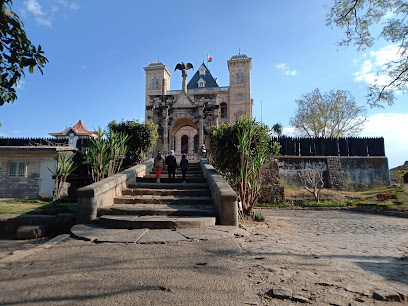
Rovan' Ambohimanga
Discover the majestic Rovan' Ambohimanga, a UNESCO World Heritage site that embodies Madagascar's rich royal history and breathtaking landscapes.
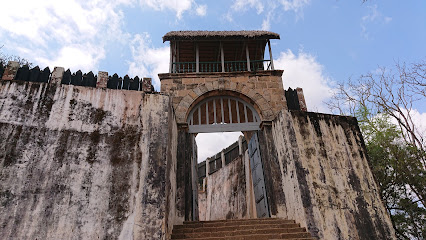
Baobab Tree Hotel & Spa
Discover the luxury and tranquility of Baobab Tree Hotel & Spa in Mahajanga, Madagascar - your perfect retreat by the coast.
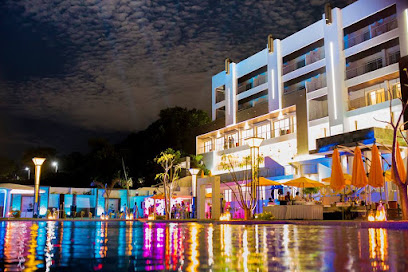
Le Baobab de Majunga
Discover the iconic Le Baobab de Majunga, a majestic natural wonder in Mahajanga, Madagascar, embodying the island's rich biodiversity and cultural heritage.
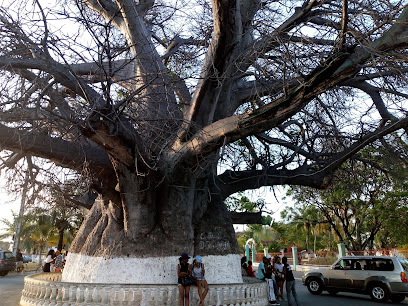
CIRQUE ROUGE
Explore the stunning red rock formations and diverse wildlife of Cirque Rouge, a hidden gem in Madagascar's breathtaking landscapes.
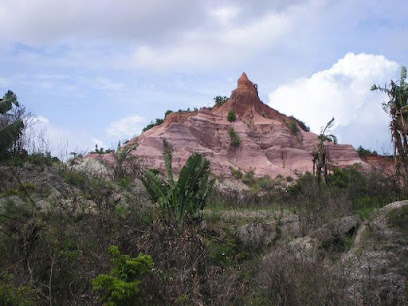
La Promenade - Majunga
Experience the vibrant flavors of Madagascar at La Promenade - Majunga, a culinary gem offering local and international cuisine in a charming setting.
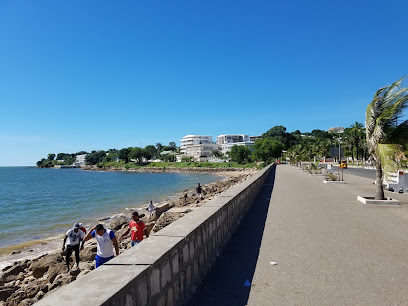
Village Touristique
Discover the vibrant culture and natural beauty of Village Touristique in Mahajanga, a must-visit destination for every traveler in Madagascar.
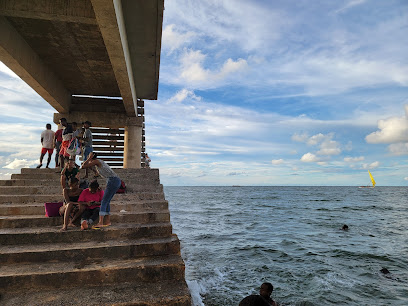
Amborovy Airport
Experience the gateway to Madagascar's natural beauty at Amborovy Airport, your first step into a world of adventure and culture.
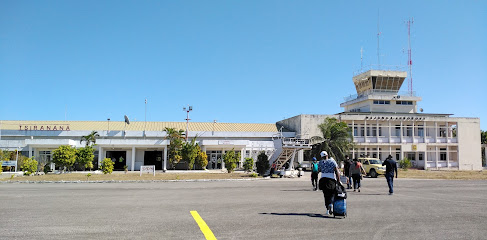
AQUALAND PARK MAHAJANGA
Experience endless fun and adventure at Aqualand Park Mahajanga, Madagascar's premier water park with thrilling slides and relaxing attractions.
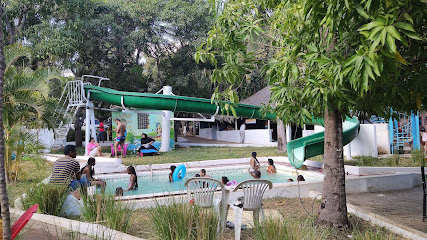
Phare de katsepy
Explore the stunning Phare de Katsepy lighthouse near Mahajanga, offering breathtaking views and a glimpse into Madagascar's rich culture.
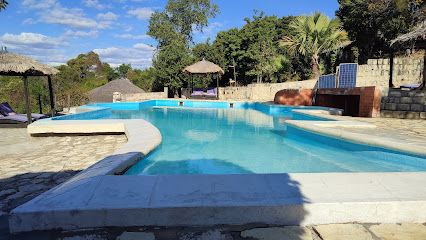
Place de Mahajanga
Explore the vibrant atmosphere and picturesque views at Place de Mahajanga, a cultural gem in Mahajanga, Madagascar.

Unmissable attractions to see
Anja Community Reserve
Experience the breathtaking beauty and rich biodiversity of Anja Community Reserve, a sanctuary for Madagascar's iconic ring-tailed lemurs.
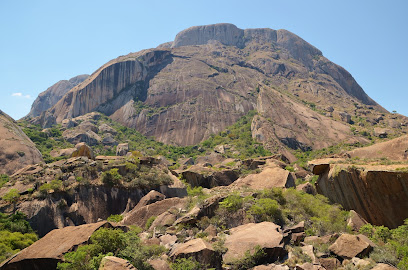
AQUALAND PARK MAHAJANGA
Experience the ultimate fun at Aqualand Park Mahajanga, Madagascar's premier water park with thrilling slides and relaxing pools.
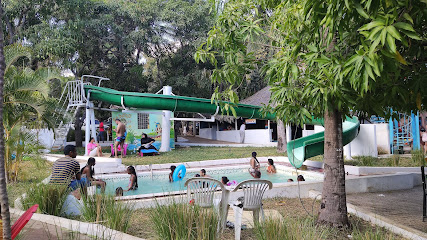
Maningoza Reserve
Discover the pristine wilderness of Maningoza Reserve in Madagascar, a national reserve rich in biodiversity and breathtaking landscapes.

Tsingy de Bemaraha Strict Nature Reserve
Discover the breathtaking limestone formations and unique biodiversity of Tsingy de Bemaraha Strict Nature Reserve, a UNESCO World Heritage Site in Madagascar.

Essential places to dine
Le guest
Discover delicious pizzas and vibrant atmosphere at Le Guest in Mahajanga - your perfect dining destination by the coast.
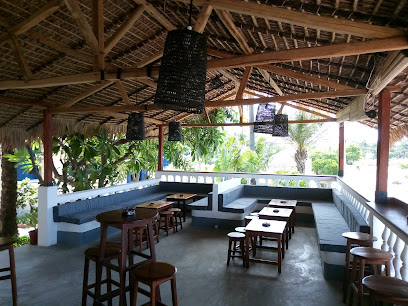
La petite cour
Experience authentic Malagasy cuisine at La Petite Cour in Mahajanga – where every dish tells a story.
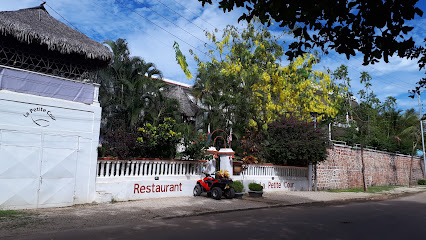
La Rotonde
Experience authentic Malagasy cuisine at La Rotonde in Mahajanga - where every dish tells a story.
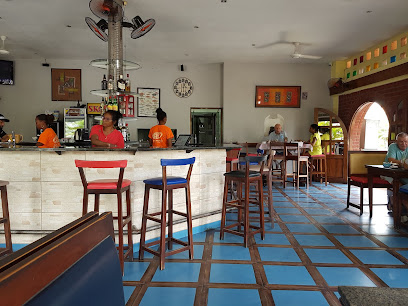
La Promenade - Majunga
Discover La Promenade in Mahajanga: A culinary gem offering exquisite local flavors and stunning sea views for an unforgettable dining experience.
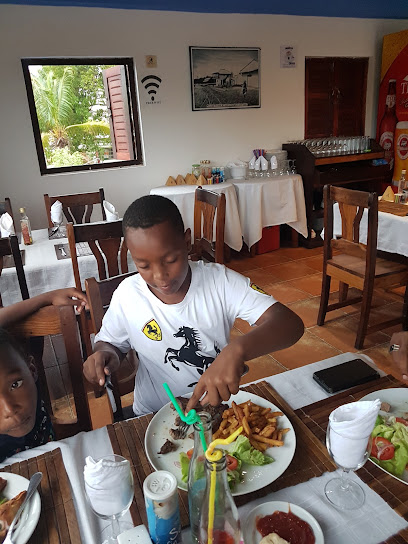
Restaurant Gourmand Coco Lodge Majunga
Experience Madagascar's vibrant culinary scene at Restaurant Gourmand Coco Lodge Majunga with exquisite dishes and stunning coastal views.
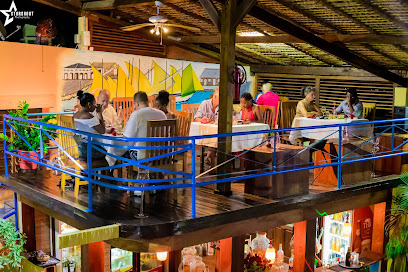
Coco loko
Discover the vibrant flavors of Madagascar at Coco Loko – where fast food meets local tradition in Mahajanga.
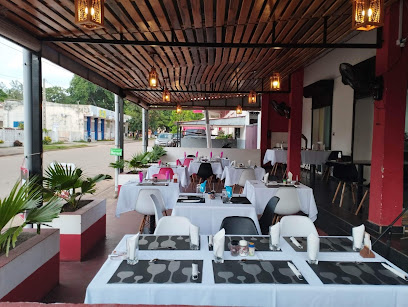
Reg halal majunga
Discover the rich flavors of Madagascar at Reg Halal Majunga – where authentic halal cuisine meets local culture in Mahajanga.
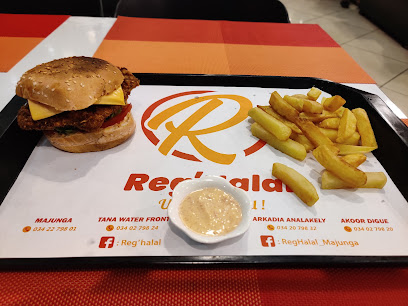
Chez Papa (ex le bajaj)
Discover authentic Malagasy cuisine at Chez Papa in Mahajanga – where every meal tells a story.
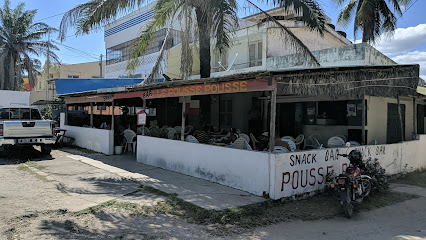
Lakana Manga
Discover authentic Malagasy cuisine at Lakana Manga in Mahajanga - where every dish tells a story of flavor and tradition.
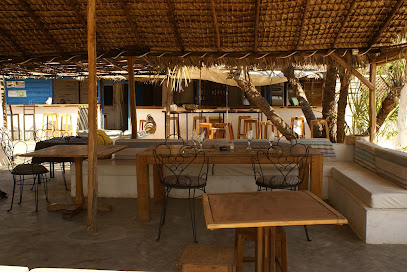
Tsaradia Restaurant
Discover family-friendly dining at Tsaradia Restaurant in Mahajanga, where local flavors meet warm hospitality just minutes from the airport.
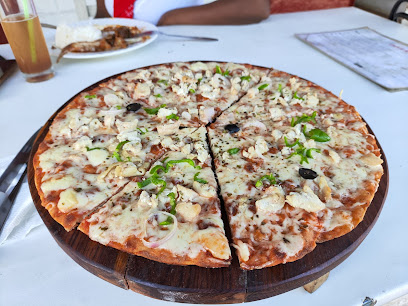
Markets, malls and hidden boutiques
Score Majunga
Discover the vibrant essence of Mahajanga at Score Majunga, your go-to supermarket for local and international delights.
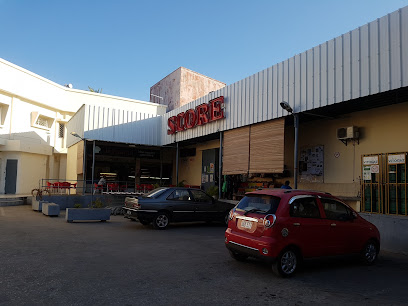
CIRQUE ROUGE
Explore the stunning landscapes and rich biodiversity of Cirque Rouge, a national reserve in Mahajanga, Madagascar, perfect for nature lovers and adventurers.
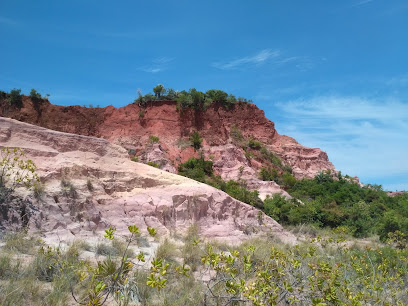
Shoprite Majunga
Experience the culinary heart of Madagascar at Shoprite Majunga, featuring fresh local produce, a bakery, and more in Mahajanga.
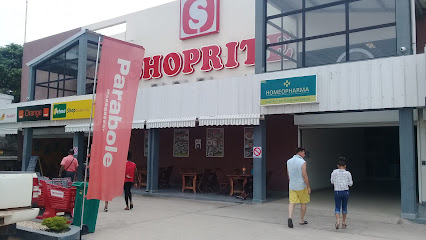
bijouterie BALARA à Majunga
Discover the exquisite jewelry and local craftsmanship at Bijouterie BALARA in Mahajanga, a must-visit for souvenir seekers and jewelry lovers.
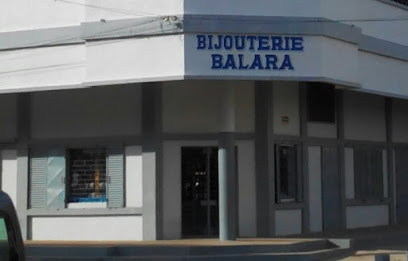
Fun Boutik Majunga
Discover unique Malagasy fashion at Fun Boutik Majunga, where traditional craftsmanship meets contemporary style in the heart of Mahajanga.
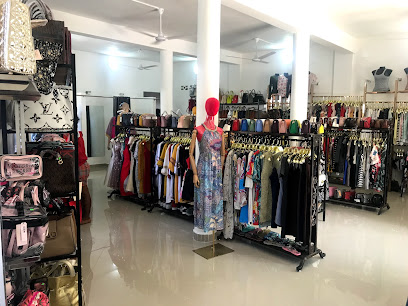
NIM Majunga
Explore NIM Majunga in Mahajanga for a vibrant shopping experience with quality products at unbeatable outlet prices.
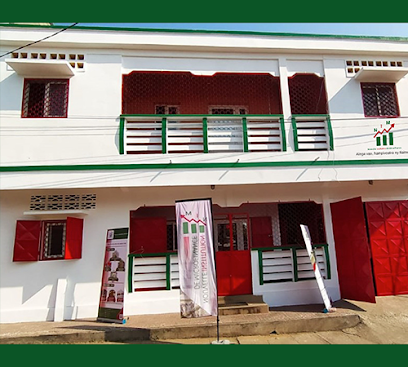
NASSIMI-STORE
Discover Mahajanga's premier auto parts store, Nassimi-Store, where local culture meets automotive needs in a vibrant shopping experience.
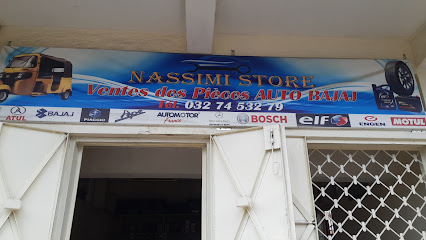
Marché de Marolaka
Discover the vibrant flavors and crafts of Madagascar at Marché de Marolaka, Mahajanga's bustling market filled with local treasures.

ADATA Majunga
Discover cutting-edge technology and expert advice at ADATA Majunga, your go-to computer store in Mahajanga, Madagascar.

KALIDAS AKHOU CORDONNERIE
Explore Kalidas Akhou Cordonnerie: A unique shoe store in Mahajanga offering handcrafted leather shoes, belts, and accessories, perfect for every traveler.
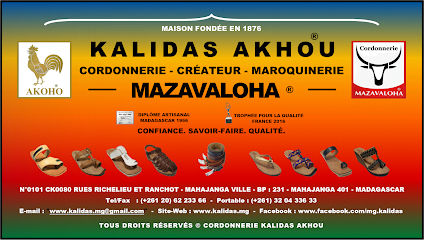
Essential bars & hidden hideouts
Le guest
Discover the flavors of Mahajanga at Le Guest, a vibrant bar and restaurant serving delicious pizzas with ocean views.
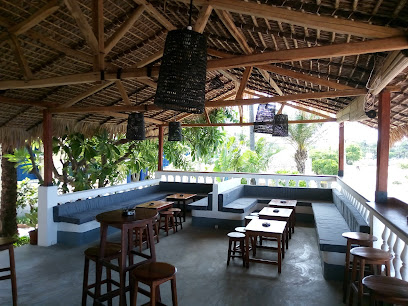
La petite cour
Experience the rich flavors of Madagascar at La Petite Cour, a top-rated restaurant in Mahajanga offering local dishes in a charming ambiance.
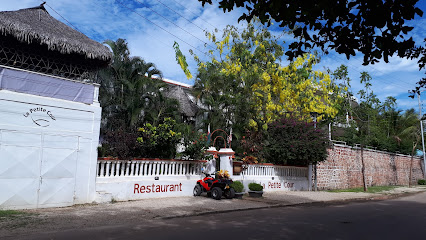
AQUARhum
Discover the vibrant flavors of AQUARhum in Mahajanga, where delicious pizzas meet a lively atmosphere for an unforgettable dining experience.
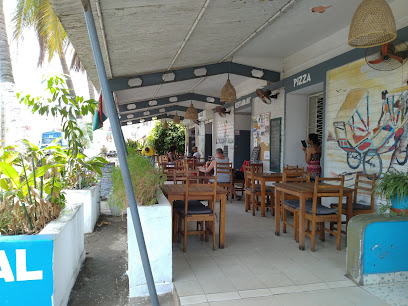
CLUB 73
Discover the heart of Mahajanga's nightlife at CLUB 73, where vibrant music and electrifying energy come together for an unforgettable party experience.
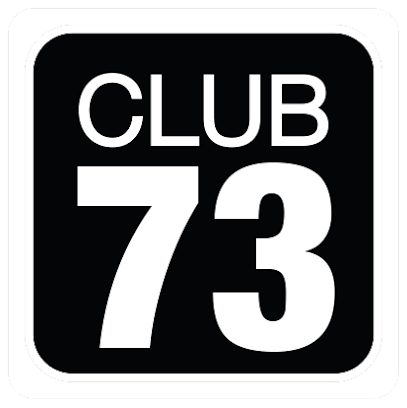
LE ZANZIBAR
Experience the lively ambiance and local flavors at Le Zanzibar, Mahajanga's top bar for relaxation and socializing.
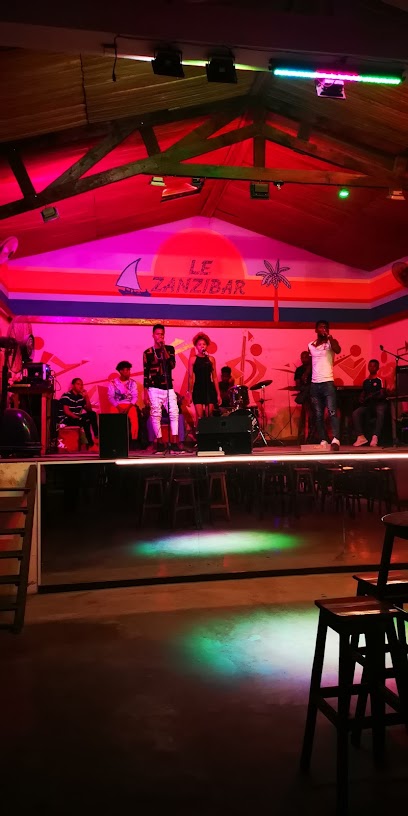
NYA SNACK BAR
Experience the authentic taste of Madagascar at NYA Snack Bar in Mahajanga, where local flavors and warm hospitality await.
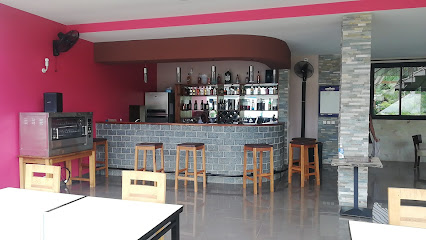
Blues Rock Café
Discover the lively spirit of Mahajanga at Blues Rock Café, where live music and a vibrant lounge atmosphere come together for an unforgettable experience.
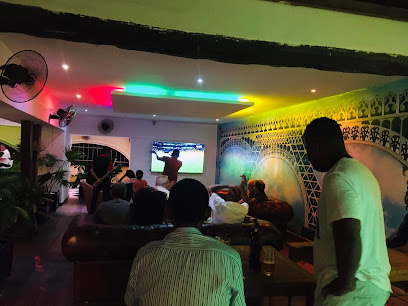
BAR LE CAPITAL
Experience Mahajanga's vibrant nightlife at Bar Le Capital, where cocktails, culture, and camaraderie come together in a lively atmosphere.

BAR CARREAUX AMBALAVOLA MAJUNGA
Discover the vibrant atmosphere and local flavors at Bar Carreaux Ambalavola in Majunga, a perfect retreat for tourists seeking relaxation.
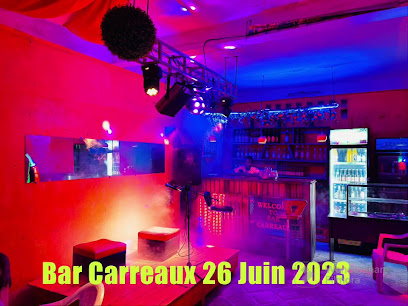
Majunga Kely
Discover the vibrant atmosphere of Majunga Kely, a lively bar near Ivato Aeroport offering a taste of local nightlife in Antananarivo, Madagascar.
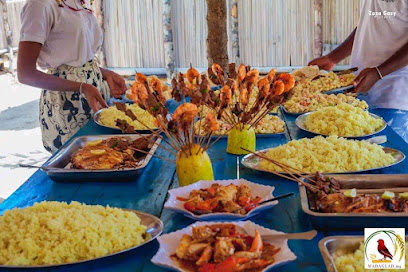
Local Phrases
-
- HelloManao hoana
[mah-now ho-ah-nah] - GoodbyeVeloma
[veh-loh-mah] - YesEny
[eh-ny] - NoTsia
[ts-ee-ah] - Please/You're welcomeAzafady
[ah-zah-fah-dy] - Thank youMisaotra
[mee-sah-oh-trah] - Excuse me/SorryMiala tsiny
[mee-ah-lah tsee-nee] - How are you?Inona ny vaovao?
[ee-noh-nah ny vah-oh-vah-oh] - Fine. And you?Tsara. Ary ianao?
[ts-ah-rah. ah-ree ee-ah-nah-oh] - Do you speak English?Miteny teny Anglisy ianao?
[mee-teh-ny teh-ny ahng-lee-see ee-ah-nah-oh] - I don't understandTsy maintsy nanao
[ts-ee mah-eent-see nahn-ah-oh]
- HelloManao hoana
-
- I'd like to see the menu, pleaseTe-hanana ny menio, azafady
[teh-hah-nah-nah ny mehn-yoh, ah-zah-fah-dy] - I don't eat meatTsy mila hahita hena
[ts-ee mee-lah hah-ee-tah hah-nee-tah] - Cheers!Miarahaba!
[mee-ah-rah-hah-bah] - I would like to pay, pleaseTe-hanana ny famatena, azafady
[teh-hah-nah-nah ny fah-mah-teh-nah, ah-zah-fah-dy]
- I'd like to see the menu, pleaseTe-hanana ny menio, azafady
-
- Help!Fanantenana!
[fah-nahn-tehn-ahn] - Go away!Miala!
[mee-ah-lah] - Call the Police!Mangataka ny Polisy!
[mahng-ah-tah-kah ny poh-lee-see] - Call a doctor!Mangataka mpikambana!
[mahng-ah-tah-kah mpee-kahm-bah-nah] - I'm lostTsy hita
[ts-ee hee-tah] - I'm illMandeha fahavoazana
[mahnd-eh-hah fah-hah-vwah-zahn-ah]
- Help!Fanantenana!
-
- I'd like to buy...Te-hanana ny hahita...
[teh-hah-nah-nah ny hah-ee-tah] - I'm just lookingZahay mihintsy mihira
[zah-hahy mee-heent-see mee-hee-rah] - How much is it?Ahoana ny vidin'izany?
[ah-hwah-nah ny vee-din-ee-zahn-y] - That's too expensiveMahery an'izany
[mah-hay ahn-ee-zahn-y] - Can you lower the price?Afaka mamaly ny vidin'izany?
[ah-fah-kah mah-mah-ly ny vee-din-ee-zahn-y]
- I'd like to buy...Te-hanana ny hahita...
-
- What time is it?Inona no ora?
[ee-noh-nah noh oh-rah] - It's one o'clockIreo ora iray
[ee-reh-oh oh-rah ee-rah-ee] - Half past (10)Efapolo sasany
[eh-fah-poh-loh sah-sahn-ee] - MorningMaraina
[mah-rah-ee-nah] - AfternoonHariva
[hah-ree-vah] - EveningAlina
[ah-lee-nah] - YesterdayOmaly
[oh-mah-lee] - TodayAnio
[ah-nee-oh] - TomorrowRahampitso
[rah-hahm-peet-so] - 1Isa
[ee-sah] - 2Roa
[roo-ah] - 3Telo
[teh-loo] - 4Efatra
[eh-fah-trah] - 5Dimy
[dee-mee] - 6Enina
[eh-nee-nah] - 7Fitohizan'ny
[fee-too-hee-zahn-ny] - 8Valo
[vah-loh] - 9Sivy
[see-vy] - 10Folo
[foh-loh]
- What time is it?Inona no ora?
-
- Where's a/the...?Aiza ny...
[ah-ee-zah ny] - What's the address?Inona ny adiresy?
[ee-noh-nah ny ah-dee-reh-see] - Can you show me (on the map)?Afaka menona ahy (amin'ny sarintany)?
[ah-fah-kah meh-noh-nah ah-hee (ah-meen-nee sah-reen-tahn-y)] - When's the next (bus)?Aiza ny farany (fiara)?
[ah-ee-zah ny fah-rah-nee (fee-ah-rah)] - A ticket (to ....)Fanamarihana (hatramin'...)
[fah-nah-mah-ree-hah-nah (haht-rah-meen)]
- Where's a/the...?Aiza ny...
History of Anketrabe
-
Anketrabe, nestled within Majunga, has roots that trace back to early Malagasy settlers who established themselves along the coasts of Madagascar. The region's history reflects a blend of indigenous customs and influences from Arab and European traders, which were prominent from the 7th century onwards. This cultural melting pot is evident in the local architecture, cuisine, and artisanal crafts.
-
During the French colonial period in the late 19th century, Anketrabe experienced significant changes. The establishment of colonial administration and infrastructure led to the development of new trade routes. This era also saw the introduction of cash crops, fundamentally altering the local economy and societal structures, as many residents transitioned from subsistence farming to commercial agriculture.
-
The strategic location of Majunga made it a focal point during World War II, with Anketrabe serving as a logistical hub for military operations in the Indian Ocean. The presence of Allied forces brought temporary economic boosts through trade and the establishment of services to support military personnel, leaving a lasting impact on the local economy and community dynamics.
-
Following Madagascar's independence in 1960, Anketrabe saw a resurgence of local governance and cultural revival. The community focused on preserving traditional practices and languages while adapting to modern influences. This period marked a significant effort to promote local arts and crafts, which remain integral to Anketrabe's identity today.
-
In recent years, Anketrabe has embraced a cultural renaissance, blending traditional Malagasy customs with contemporary influences. Local festivals celebrate the rich heritage of the area, showcasing music, dance, and culinary traditions. The neighborhood stands as a testament to the resilience of its people and their commitment to preserving their unique identity amidst globalization.
Anketrabe Essentials
-
Anketrabe is accessible from other neighborhoods in Majunga via local taxi-brousse (minibuses) and motorbike taxis (pousse-pousse). The central taxi-brousse station in Majunga offers regular services to Anketrabe, with departures throughout the day. If you're coming from the airport, taxis are available and typically take around 30 minutes to reach Anketrabe, depending on traffic.
-
Anketrabe is best explored on foot, as many attractions are within walking distance. For longer distances, local taxi-brousse and pousse-pousse are commonly used. Renting a bicycle is also an option if you’re comfortable navigating the local roads. Be cautious of traffic, as it can be chaotic at times.
-
Anketrabe is generally safe for tourists, but standard precautions should be taken. Avoid walking alone at night, particularly in poorly lit areas. Areas near the port and some backstreets may have higher crime rates, including petty theft. Always keep your belongings secure and be aware of your surroundings.
-
In case of an emergency, dial the local police at 117 or seek assistance from nearby hotels or businesses. The closest hospital is located in central Majunga, approximately 15 minutes away by taxi. It is advisable to have travel insurance that covers medical emergencies, and for minor health issues, local pharmacies can provide basic medications.
-
Fashion: Do dress modestly, especially in local markets and religious sites. Avoid overly revealing clothing. Religion: Do respect local customs by dressing appropriately when entering places of worship. Public Transport: Do offer your seat to the elderly and don’t eat or drink in public transport. Greetings: Do greet locals with a friendly smile and a handshake. Eating & Drinking: Do try local dishes and accept food offers graciously. Don’t refuse hospitality, as it can be seen as impolite.
-
To experience Anketrabe like a local, visit the bustling markets early in the morning for fresh produce and local delicacies. Engage with vendors and locals, as they are often friendly and eager to share their stories. Consider joining a local cooking class to learn about Malagasy cuisine, and don’t miss the chance to try street food, which is a significant part of the local culture.
Nearby Cities to Anketrabe
-
Things To Do in Majunga
-
Things To Do in Chirongui
-
Things To Do in Bandrele
-
Things To Do in Nosy Be
-
Things To Do in Dembeni
-
Things To Do in Sada
-
Things To Do in Chiconi
-
Things To Do in Mamoudzou
-
Things To Do in Koungou
-
Things To Do in Acoua
-
Things To Do in Antananarivo
-
Things To Do in Andasibe
-
Things To Do in Toamasina
-
Things To Do in Domoni
-
Things To Do in Ouani







